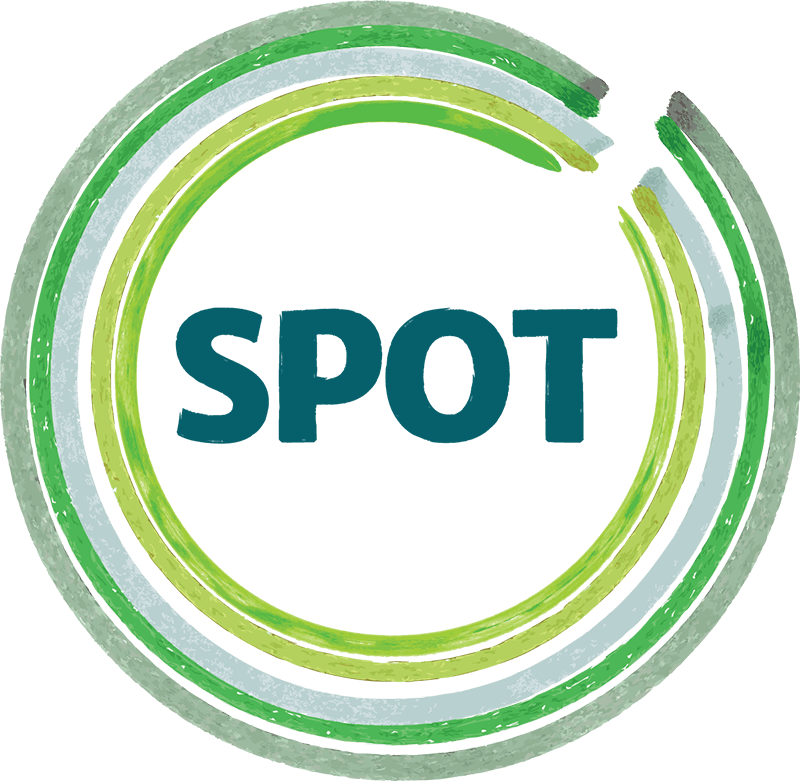Autism Spectrum Disorder (ASD) is a pervasive developmental disorder characterised by impairments in social communication, as well as restricted or repetitive patterns of behaviour, interests and activities. There are also often significant difficulties in the processing of sensory information. These complex and unique behaviours can vary in their manifestation but are representative of the particular diagnostic criteria.
ASD is a lifelong condition. The cause of ASD is currently not known but there is evidence to suggest that genetics play an important role in the cause of ASD. The behaviours and difficulties associated with ASD are evident very early in an individual’s development but the stage at which functional impairment becomes obvious can vary. No two individuals with ASD are the same. The behaviours associated with ASD can vary within individuals as they grow and develop and respond to various situations and environments in their daily lives.
